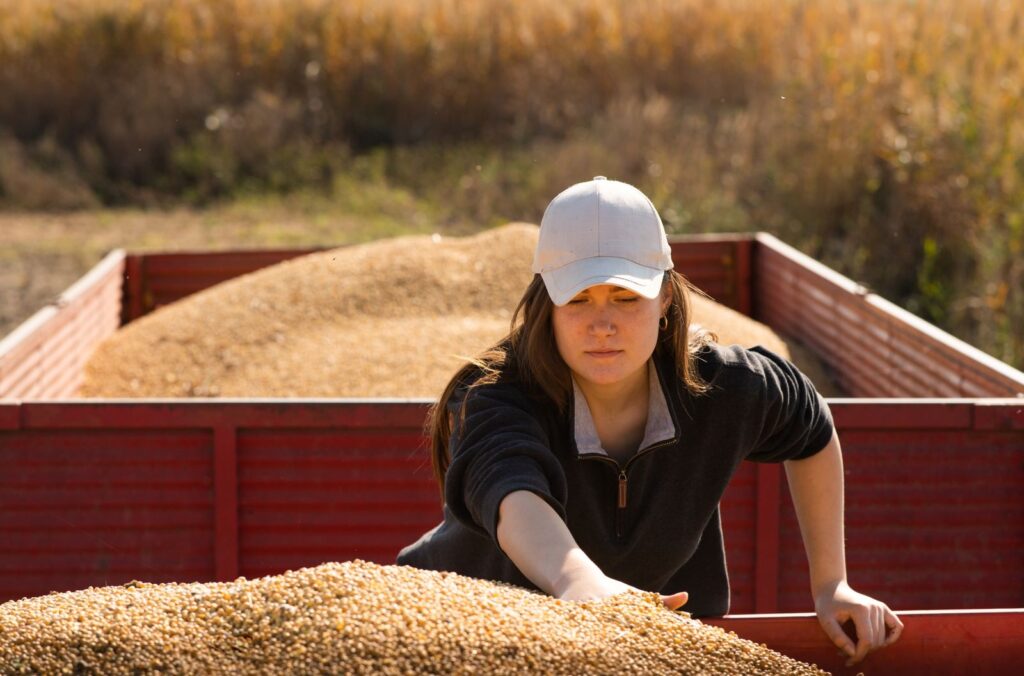Study reveals “concerning” levels of anxiety among women in farming
3rd May 2023
A new study funded by the Royal Agricultural Benevolent Institute (RABI) has linked financial worries, long working hours and loneliness with “concerning” levels of anxiety among farming women, with younger generations being the most severely affected.
Over half of the women who took part in the study (57.6%) reported having mild to severe anxiety, while 42.1% were not suffering from chronic stress. The factors found to have the strongest links to moderate and severe anxiety were concerns about the future of the farm/farming; financial pressures; workload, isolation and family relationships.
Meanwhile, the stresses of balancing childcare, caring responsibilities and non-farming work, gender inequalities within agriculture and, in some cases, domestic violence and rural crime, could also be exacerbating mental health issues, experts have warned.
The study, published in the Journal of Agromedicine, was carried out by Dr Rebecca Wheeler and Professor Matt Lobley from the University of Exeter and funded by RABI. A total of 15,296 members of the agricultural community were surveyed, of which 3,487 were female respondents.
Researchers used standardised instruments to assess mental health and wellbeing, including the Generalised Anxiety Disorder-7 scale (GAD-7).
Commenting on the results, Dr Wheeler said: “We have found concerning levels of anxiety among farming women and this should be seen as a call to action. There are clear associations between anxiety, stress and loneliness and, although we cannot ascertain causality, these point to issues that demand attention in efforts to improve mental health.”
Professor Lobley added: “Addressing only the symptoms of mental health problems will be insufficient, and there is a need to reduce some of the stressors commonly affecting farm women by, for instance, providing greater business-related support and seeking opportunities to help farm women build and maintain stronger social relationships.”
Concerningly, women aged 25 to 34 were found to have the highest levels of loneliness, which was markedly worse than in the wider population. This age group was also most likely to exhibit symptoms of anxiety.
Compared to older women, women of working age appeared more likely to be stressed by feeling isolated, family relationships and workload – all factors that were identified as most strongly correlated with moderate/severe anxiety in the study.
Dr Wheeler said: “It is easy to imagine how any confluence of strained family relationships, long working hours, and feeling isolated might be associated with a person also feeling lonely and/or anxious.
“The addition of numerous other common farming stressors – many of which concern factors lying outside the control of individual farmers and farming families – can only add to this burden,” she pointed out.
Younger women were also more stressed by financial pressures, and to a lesser extent concerns about the future of the farm/farming, than older women. Half of those aged between 25 and 44 said they were stressed quite a lot/to a large extent by financial pressures.
Moreover, there was a statistically significant association between anxiety levels and how often respondents said they felt lonely. A total of 64.5% of women who were often or always lonely were classified as having moderate/severe anxiety, compared to just 7.4% of those who were never lonely.

